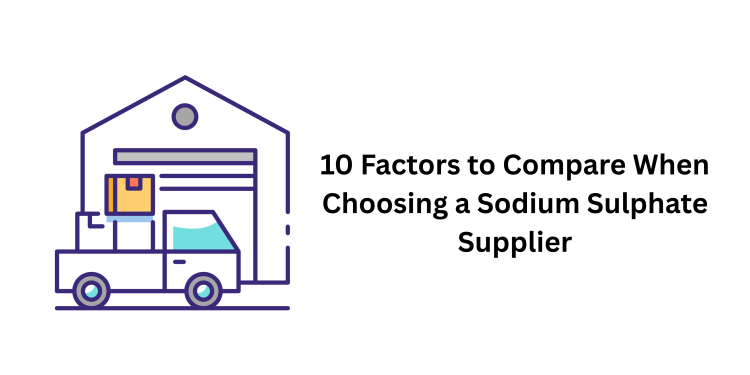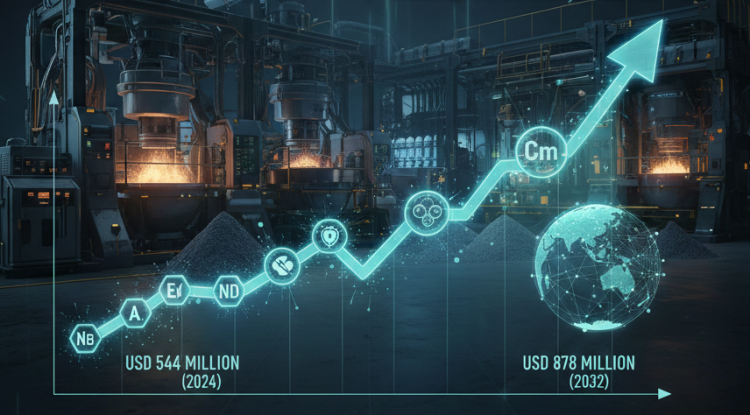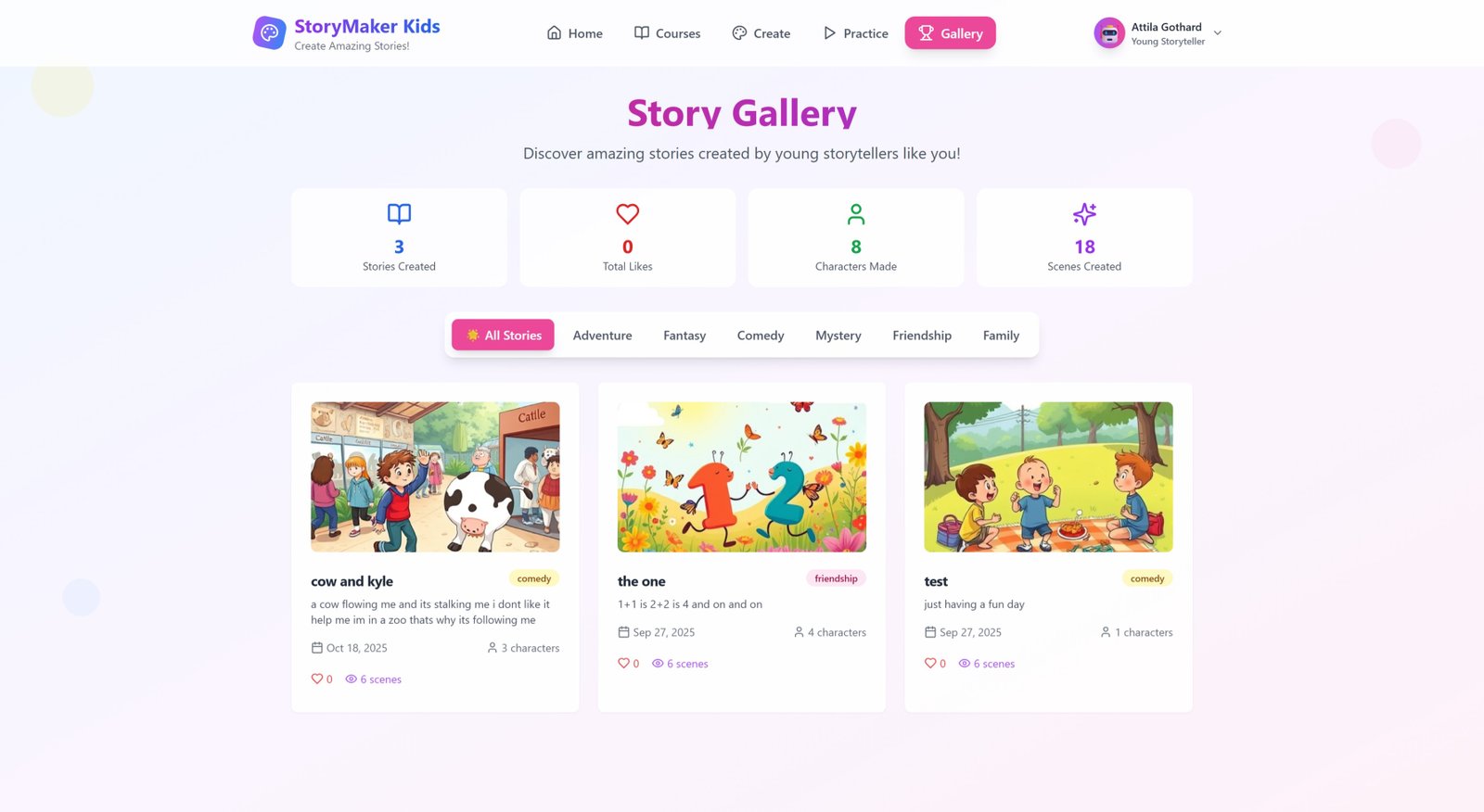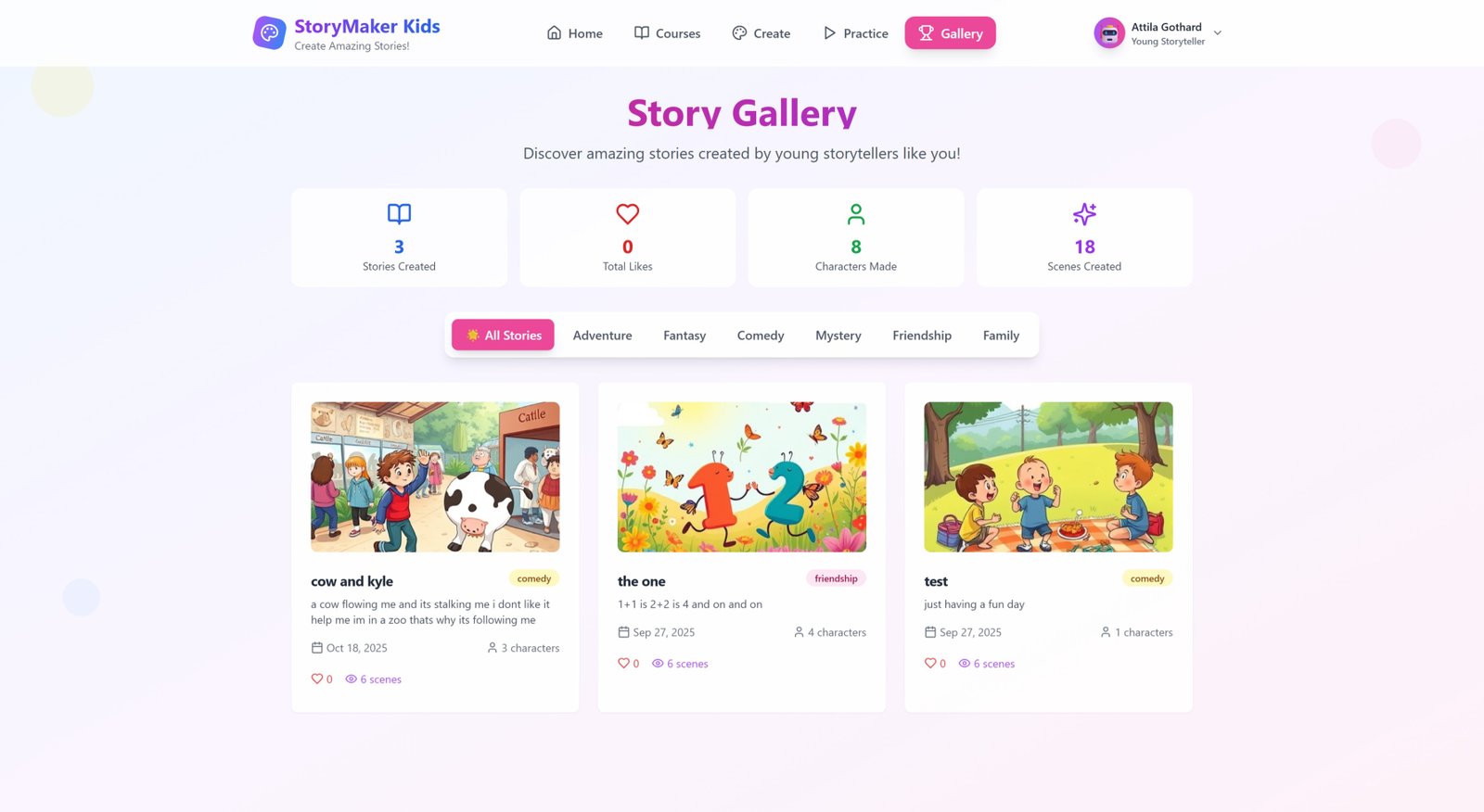10 Factors to Compare When Choosing a Sodium Sulphate Supplier
Discover the 10 essential factors every business should evaluate before selecting a sodium sulphate supplier. From product quality and pricing to reliability, compliance, and logistics—this guide helps you make an informed, confident, and cost-effective sourcing decision.

Selecting a Sodium Sulphate Supplier is not just a routine purchasing decision. It is indeed a strategic choice that can quite literally determine your business's consistency, profitability, and long-term reliability as a player in the chemical industry. If you are looking for Sodium Sulphate for detergents, textiles, glass manufacturing, paper, or pharmaceuticals, you cannot afford to choose the wrong partner.
Also, in a time when global supply chains are getting more complex by the day, the pressure to evaluate supplier capabilities is higher than ever. So, if you are looking for a reliable sodium Sulphate Supplier and are subsequently overwhelmed, rest assured, this simple guide will help you.
Check out these 10 most important factors you should compare while making any deal.
1. Product Quality & Consistency
When it comes to chemicals, quality isn’t just “nice to have.” Rather, it’s non-negotiable. Even small variations in purity can disrupt production, cause performance issues, or lead to final-product inconsistencies.
Below is what you should check:
-
Purity percentage (typically 99%+ for industrial grade)
-
Compliance with international standards
-
Presence of impurities like iron, moisture, or organic matter
-
Provision of COA (Certificate of Analysis)
-
Manufacturing processes and control systems
It is crucial to check these, and if any supplier doesn’t fulfill these conditions, production will be affected. It is recommended to ask for samples to verify quality.
2. Supplier’s Industry Experience
Experience is the proof of stability, technical knowledge, and the capability to handle complex requirements.
How can you evaluate:
-
How long have they been in the sodium sulphate market
-
Their expertise across multiple industries
-
Their understanding of regulatory standards
-
Case studies or testimonials
Ultimately, an experienced Sodium Sulphate supplier knows how to handle challenges and provide you with valuable insights on the right products and practices.
3. Supply Capacity & Scalability
Check these:
-
Monthly/annual production capacity
-
Availability of buffer stock
-
Their supply chain strength
-
Ability to handle urgent or bulk orders
4. Reliability & Delivery Timelines
Delivery reliability is one of the top differentiators when choosing a Sodium Sulphate supplier.
You should access:
-
On-time delivery record
-
Logistics partnerships
-
Warehouse locations
-
Lead times for regular and urgent orders
-
Predictability during market disruptions
With reliable delivery systems, you can maintain smooth operations and minimize costly downtime.
5. Pricing Transparency & Value
Price is an essential factor, so compare:
-
Price per tonne across grades
-
Payment flexibility
-
Discounts for bulk or recurring orders
-
Hidden charges (fuel surcharges, repackaging costs, unexpected fees)
Clear and transparent pricing helps you forecast your production budgets more accurately.
6. Certifications, Compliance & Safety Standards
Chemicals come with regulatory requirements, and your suppliers should take these requirements seriously. When you are vetting suppliers, remember to look for:
-
ISO certifications
-
REACH compliance
-
FSSAI or other industry compliance (if applicable)
-
Environmental certifications
-
Safety data sheets (SDS)
7. Packaging & Product Handling
It is important to handle Sodium Sulphate carefully, as mishandling can lead to contamination, moisture absorption, product loss, or safety incidents.
You should take a look at:
-
Packaging materials used (HDPE bags, jumbo bags, moisture-proof liners)
-
Batch labeling
-
Shelf-life information
-
Handling guidelines
-
Custom packaging options
This ultimately helps ensure product safety, stability, and ease of use—especially during long-distance transport or export.
8. Customer Support & Technical Assistance
A good supplier guides and stands with you through the technical issues and operational challenges.
Therefore, don’t forget to check these:
-
Responsiveness of their customer support
-
Availability of technical experts
-
Willingness to assist with formulation queries
-
Problem-solving attitude
-
After-sales service
9. Reputation & Market Standing
Before locking in any supplier, check what the market is saying about them.
Ways to Verify
-
Online reviews
-
Testimonials
-
Industry references
-
Supplier comparison platforms
-
Feedback from distributors or competitors
10. Sustainability Practices & Ethical Sourcing
Most businesses today are eco-conscious, and chemical sourcing is no exception. So, check if they offer:
-
Environment-friendly manufacturing processes
-
Waste management systems
-
Energy-efficient operations
-
Ethical sourcing of raw materials
-
CSR activities
In the End
Remember, choosing a reliable Sodium Sulphate supplier should not be done in a rush. Compare all these factors listed above to make an informed choice. Also, your supplier is your partner who helps your business grow smoothly.
What's Your Reaction?


























